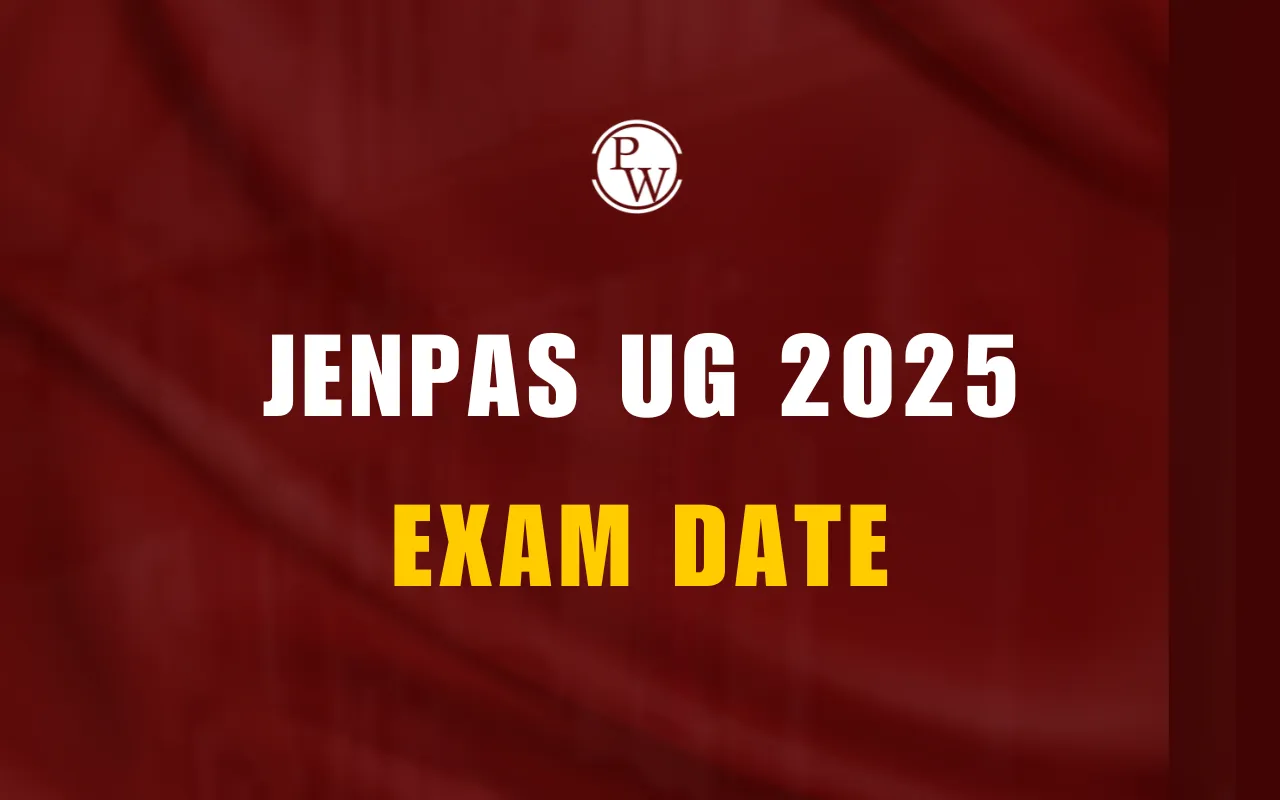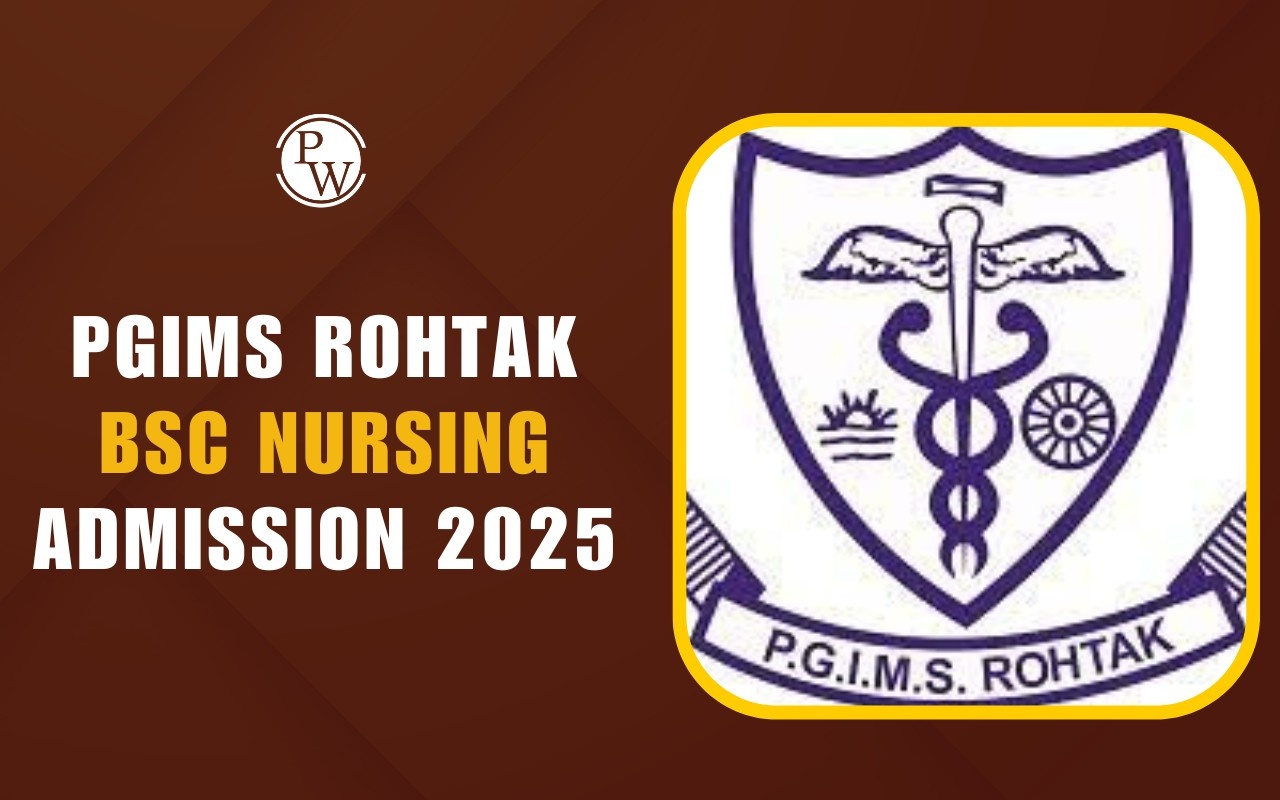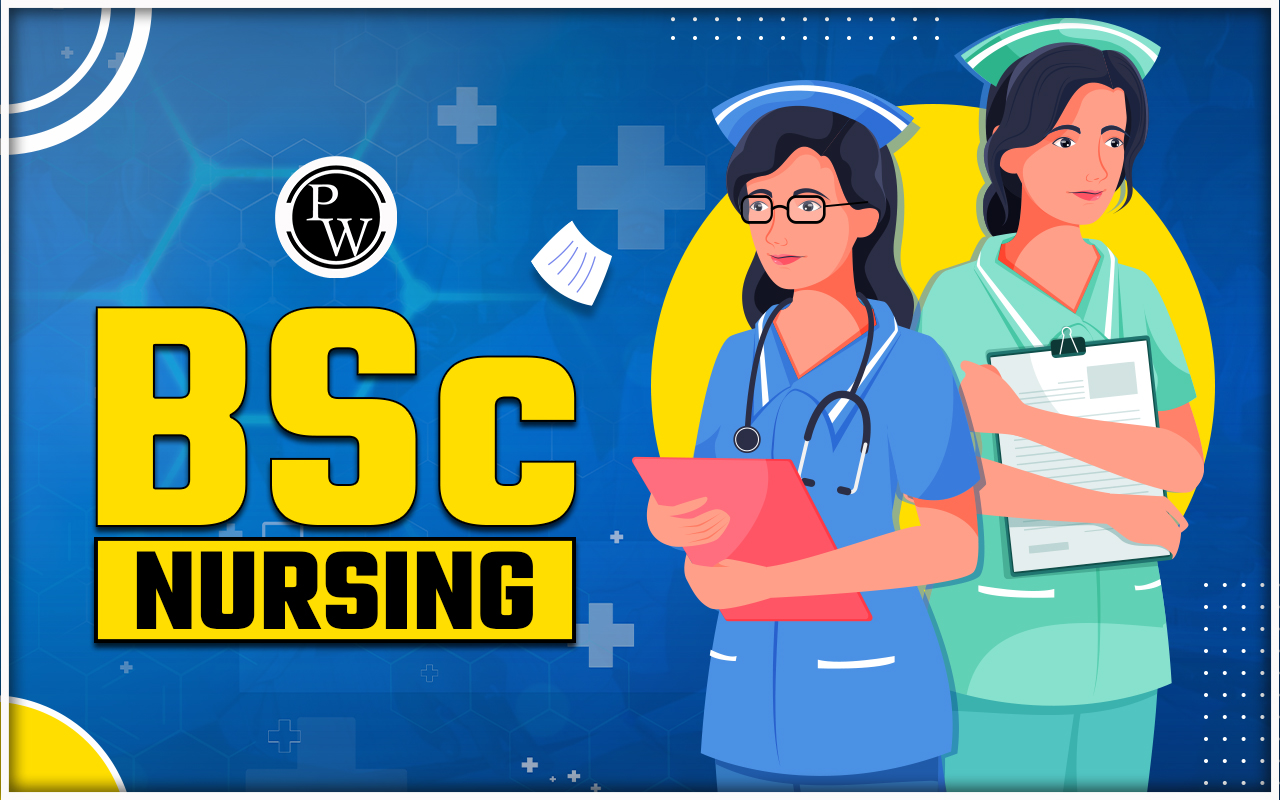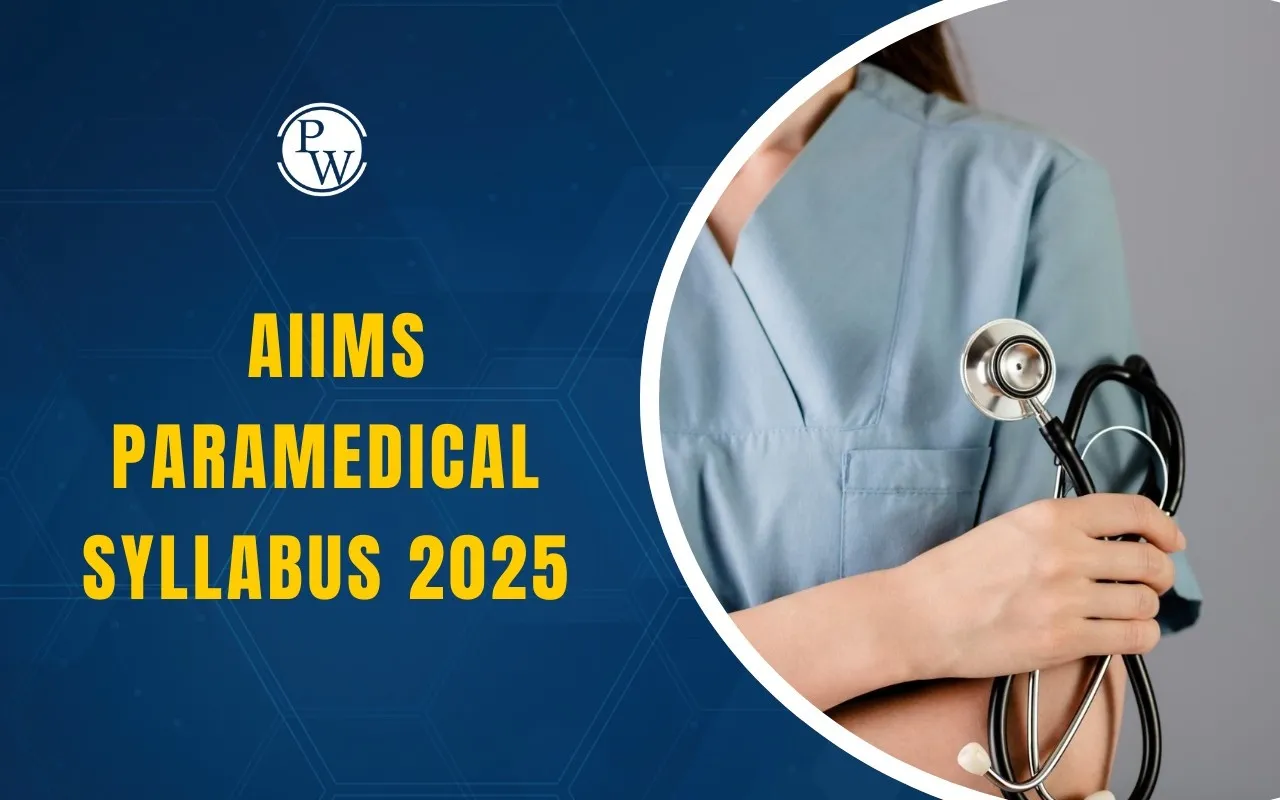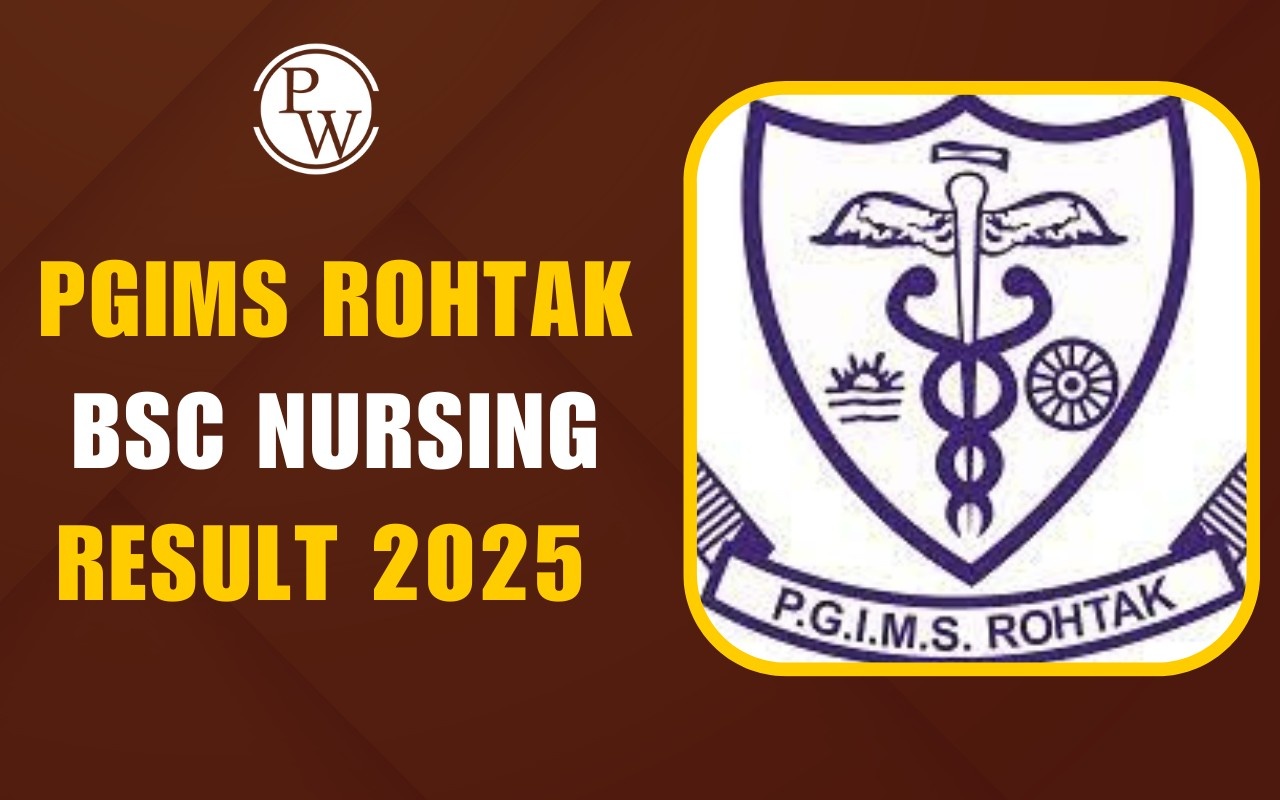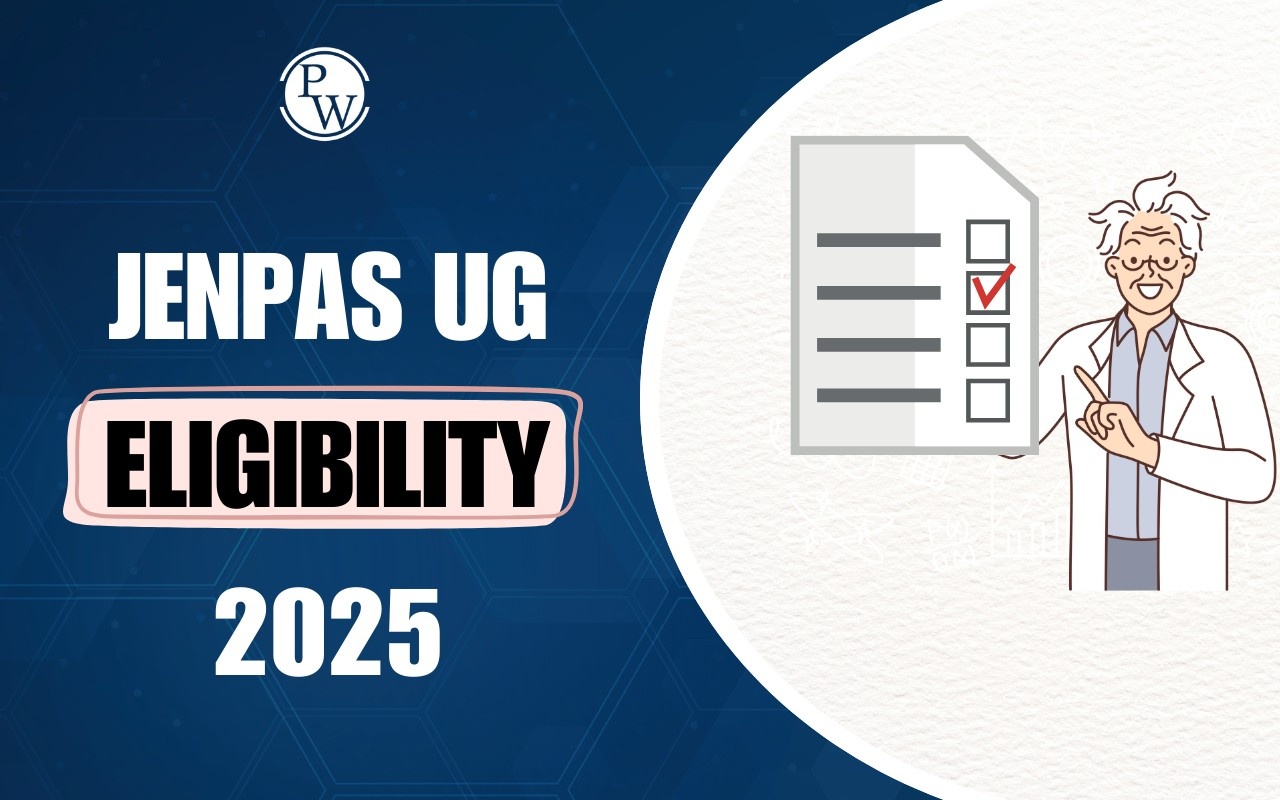
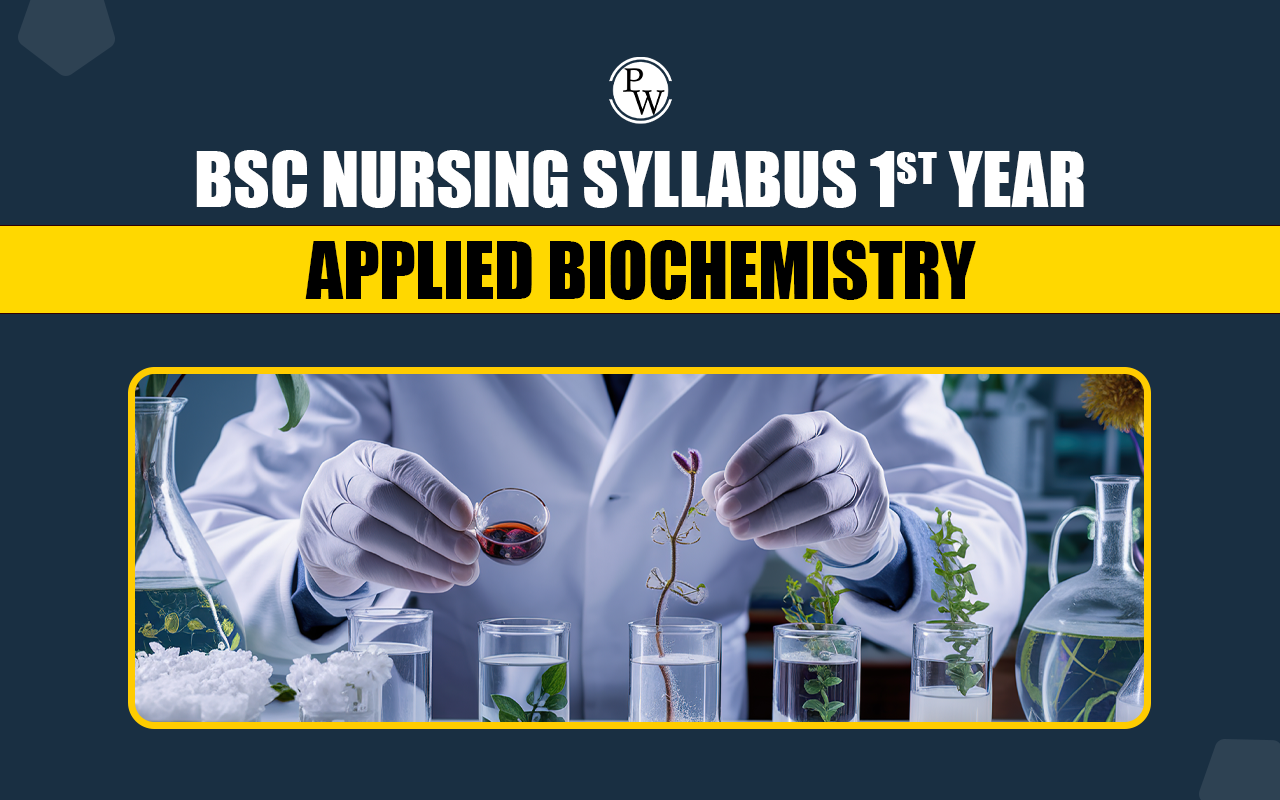
BSc Nursing Syllabus 1st Year - Applied Biochemistry : Applied Biochemistry introduces students to the biochemical functions of the human body and their relevance in nursing. This course helps students understand metabolic processes and their alterations in disease conditions, crucial for effective patient care. The course, offered in the 2nd semester, includes 1 credit and spans 20 hours. It focuses on the biochemical composition of the human body and its role in health and disease management. Topics include carbohydrate and lipid metabolism, protein synthesis, clinical enzymology, and acid-base balance. Assessment methods include short answers, essays, practical assessments, and MCQs.
Overview BSc Nursing Syllabus 1st Year - Applied Biochemistry
The Applied Biochemistry course is offered in the second semester of the BSc Nursing program and carries one credit. The course spans 20 hours, focusing primarily on the biochemical composition of the human body and its role in both health and disease management. It equips students with an understanding of metabolic processes such as carbohydrate, lipid, and protein metabolism. Additionally, it covers clinical enzymology, acid-base balance, hemoglobin metabolism, and organ function tests, all of which are essential for accurate diagnosis, treatment, and management of patients in a healthcare setting.Course Details for BSc Nursing Syllabus 1st Year - Applied Biochemistry
The following table provides an overview of the key details of the Applied Biochemistry course, outlining its placement, credits, duration, and description. This course focuses on the biochemical composition of the human body and its role in health and disease management, vital for nursing practice.| Detail | Applied Biochemistry |
|---|---|
| Placement | 2nd Semester |
| Credits | 1 Credit |
| Duration | 20 Hours |
| Description | The course is designed to assist the students to acquire knowledge of the normal biochemical composition and functioning of human body, its alterations in disease conditions and to apply this knowledge in the practice of nursing. |
BSc Nursing Syllabus 1st Year - Applied Biochemistry
The following table outlines the detailed units and topics covered in the BSc Nursing Syllabus 1st Year - Applied Biochemistry subject. Each unit provides essential knowledge on various metabolic processes and their clinical implications, helping nursing students understand biochemical changes in health and disease, which are crucial for effective patient care.| Unit | Topic | Content Description |
|---|---|---|
| I | Carbohydrate Metabolism | Metabolism of carbohydrates, glycolysis, gluconeogenesis, and disorders like diabetes mellitus. |
| II | Lipid Metabolism | Metabolism of fats, ketogenesis, fatty liver disease, and their clinical significance. |
| III | Protein Metabolism | Amino acids, protein synthesis, related disorders such as proteinuria and hypoproteinemia. |
| IV | Clinical Enzymology | Diagnostic enzymes in diseases like liver disease, myocardial infarction, muscle and bone disorders, with emphasis on enzymatic tests. |
| V | Acid-Base Balance | Acid-base homeostasis, ABG analysis, disorders like metabolic acidosis and alkalosis. |
| VI | Hemoglobin Metabolism | Heme breakdown, jaundice, and related clinical conditions. |
| VII | Organ Function Tests | Overview of renal, liver, and thyroid function tests. |
| VIII | Immunochemistry | Immunoglobulins and their diagnostic role, ELISA tests, and immune system disorders. |
Assessment Methods for BSc Nursing Syllabus 1st Year - Applied Biochemistry
The following table provides a detailed explanation of the assessment methods used in the BSc Nursing Syllabus 1st Year - Applied Biochemistry subject. These methods are designed to assess students' theoretical knowledge, practical skills, and ability to apply biochemical concepts in nursing practice.| Assessment Method | Description |
|---|---|
| Short Answers | Questions requiring brief, concise explanations to assess the students' understanding of key biochemical concepts. |
| Essays | Longer, detailed answers designed to evaluate students' depth of knowledge, critical thinking, and ability to synthesize information. |
| Practical Assessment | Laboratory tests where students perform experiments to demonstrate their skills in analyzing biochemical processes and interpreting results. |
| MCQs (Multiple-Choice Questions) | Objective questions testing knowledge of basic concepts and their application in various biochemical scenarios. |
| Evaluation of Assignments | Review of written work and projects to assess the students' ability to research, analyze, and present biochemical information effectively. |
BSc Nursing Syllabus 1st Year - Applied Biochemistry FAQs
What is the focus of the Applied Biochemistry course in BSc Nursing?
Applied Biochemistry focuses on understanding the biochemical composition of the human body and its role in health and disease management.
Why is Applied Biochemistry important for nursing students?
This course helps nursing students understand metabolic processes and biochemical alterations in disease conditions, which are critical for patient care.
What topics are covered in the Applied Biochemistry syllabus?
Key topics include carbohydrate and lipid metabolism, protein synthesis, clinical enzymology, acid-base balance, hemoglobin metabolism, and organ function tests.
How is the Applied Biochemistry course assessed?
The course is assessed through short answers, essays, practical assessments (laboratory tests), multiple-choice questions (MCQs), and assignments.
How many credits and hours are assigned to the Applied Biochemistry course?
The course carries 1 credit and spans 20 hours, offered during the second semester of the BSc Nursing program.
Talk to a counsellorHave doubts? Our support team will be happy to assist you!

Check out these Related Articles
Free Learning Resources
PW Books
Notes (Class 10-12)
PW Study Materials
Notes (Class 6-9)
Ncert Solutions
Govt Exams
Class 6th to 12th Online Courses
Govt Job Exams Courses
UPSC Coaching
Defence Exam Coaching
Gate Exam Coaching
Other Exams
Know about Physics Wallah
Physics Wallah is an Indian edtech platform that provides accessible & comprehensive learning experiences to students from Class 6th to postgraduate level. We also provide extensive NCERT solutions, sample paper, NEET, JEE Mains, BITSAT previous year papers & more such resources to students. Physics Wallah also caters to over 3.5 million registered students and over 78 lakh+ Youtube subscribers with 4.8 rating on its app.
We Stand Out because
We provide students with intensive courses with India’s qualified & experienced faculties & mentors. PW strives to make the learning experience comprehensive and accessible for students of all sections of society. We believe in empowering every single student who couldn't dream of a good career in engineering and medical field earlier.
Our Key Focus Areas
Physics Wallah's main focus is to make the learning experience as economical as possible for all students. With our affordable courses like Lakshya, Udaan and Arjuna and many others, we have been able to provide a platform for lakhs of aspirants. From providing Chemistry, Maths, Physics formula to giving e-books of eminent authors like RD Sharma, RS Aggarwal and Lakhmir Singh, PW focuses on every single student's need for preparation.
What Makes Us Different
Physics Wallah strives to develop a comprehensive pedagogical structure for students, where they get a state-of-the-art learning experience with study material and resources. Apart from catering students preparing for JEE Mains and NEET, PW also provides study material for each state board like Uttar Pradesh, Bihar, and others
Copyright © 2025 Physicswallah Limited All rights reserved.
